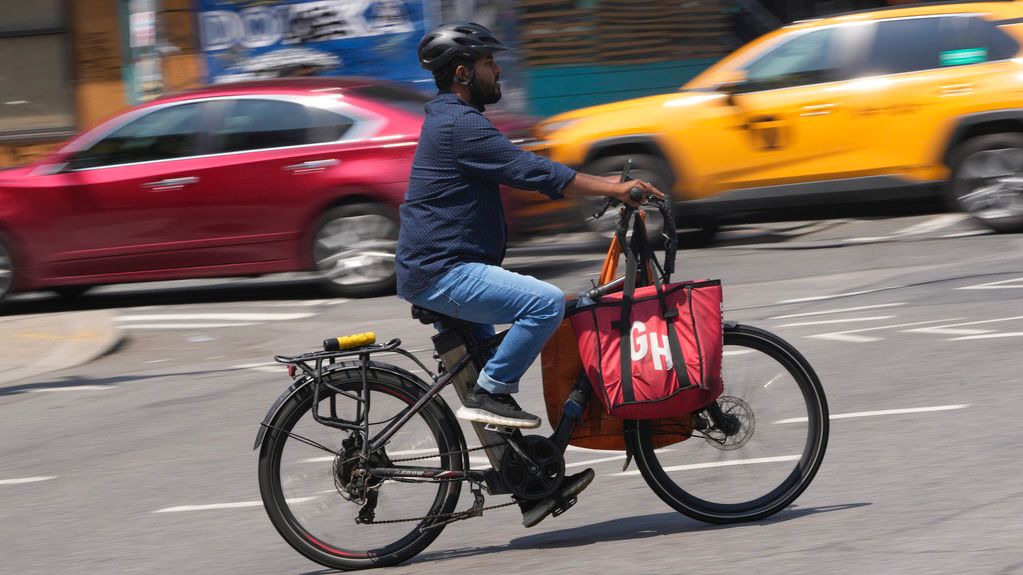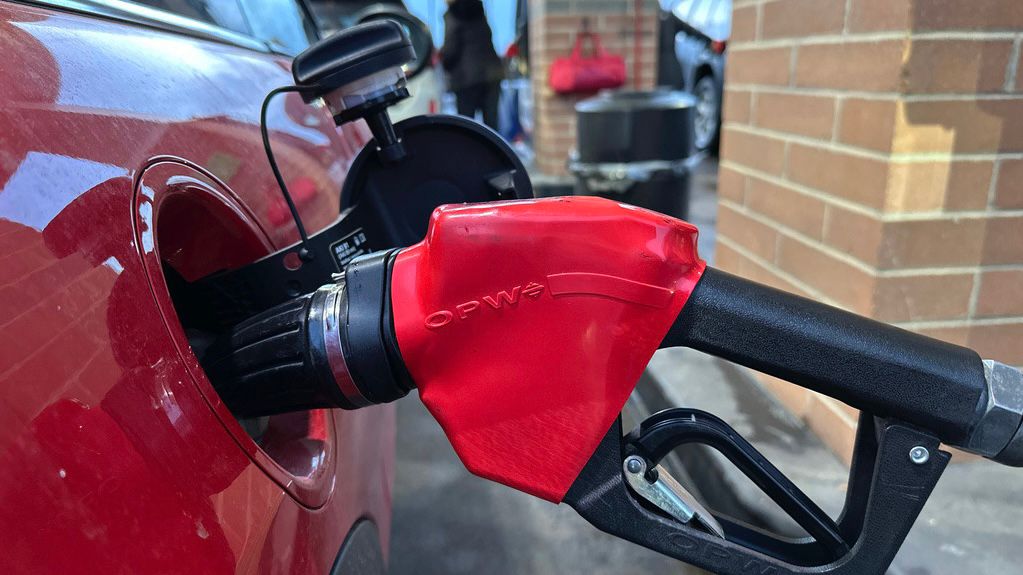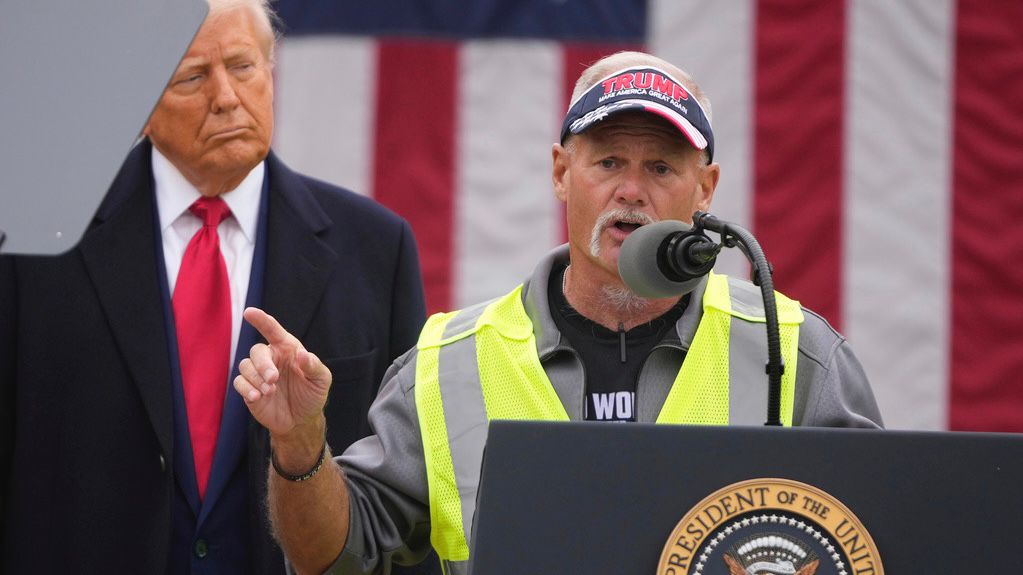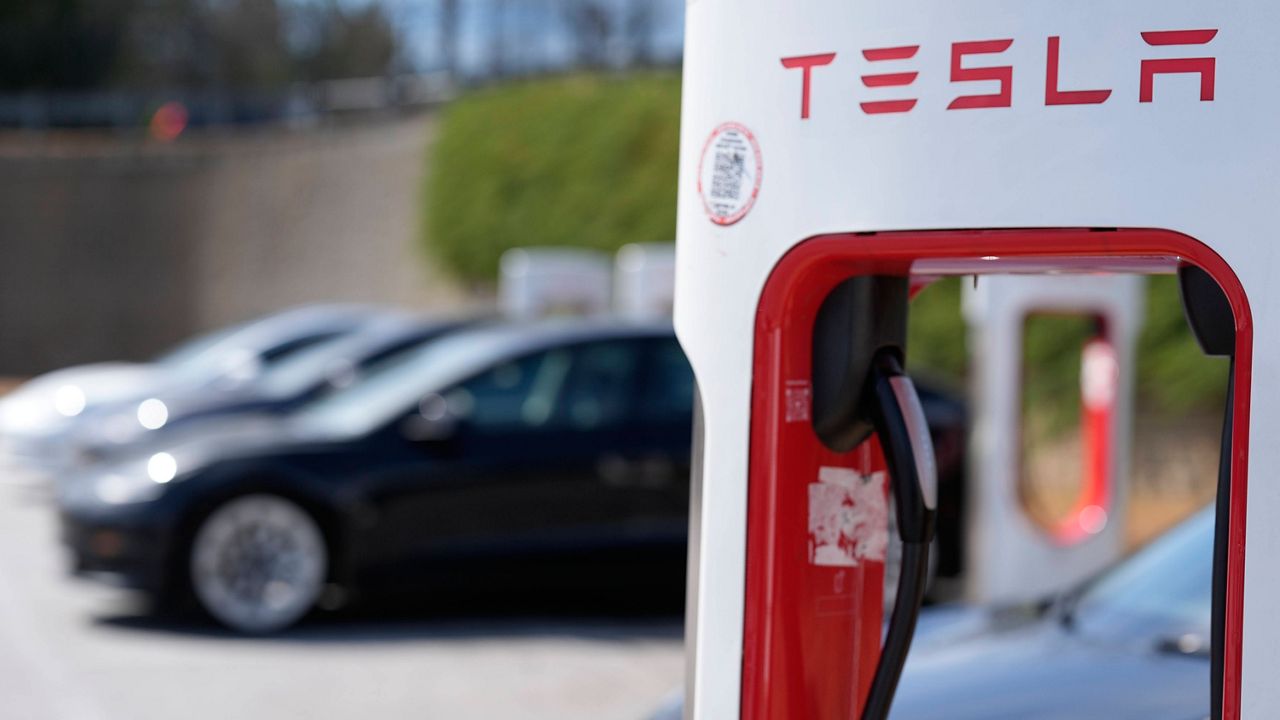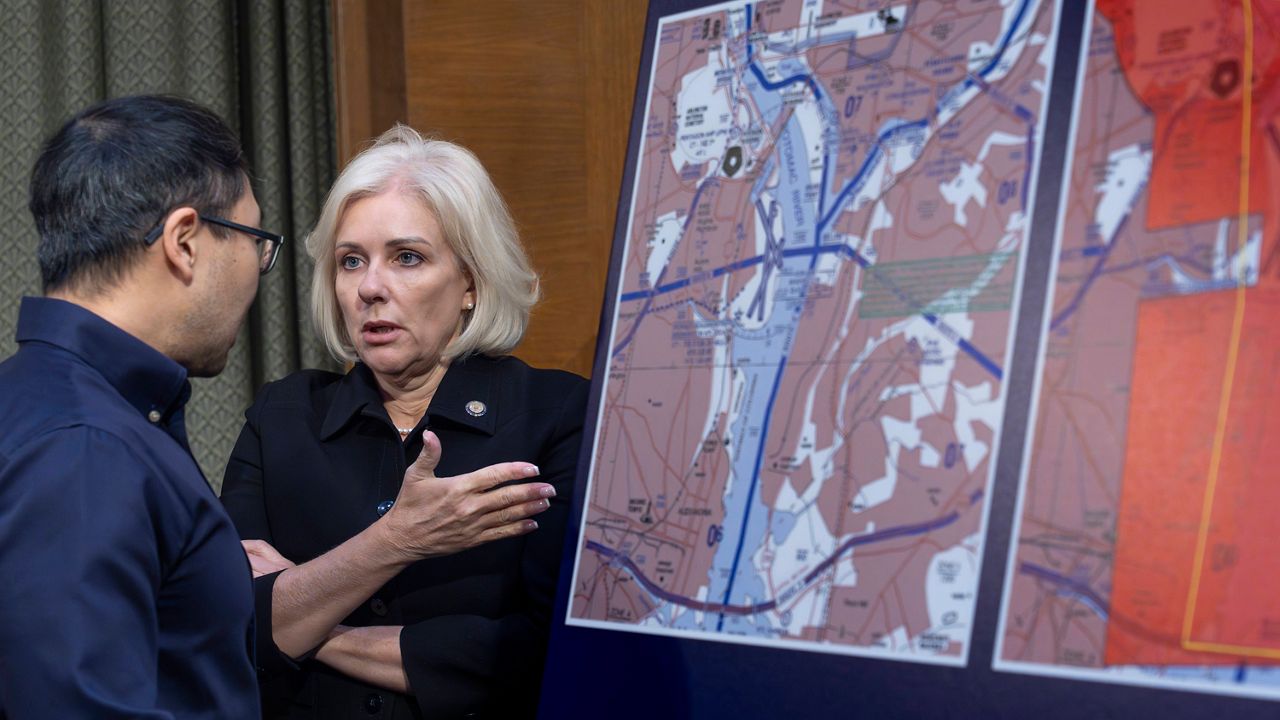Whether you pedal or prefer a two-wheeler with electric assist, bicycles are poised to become a lot more expensive following President Donald Trump’s reciprocal tariffs announcement. The vast majority of bikes are made in Asia, which will be subject to some of the highest import tariff rates once they take effect in the coming days.
Prices are likely to go up dramatically within the next one or two months as companies work through existing inventories that were imported prior to the tariffs taking effect, according to the bicycle advocacy group People for Bikes. The effect of the tariffs will kick in during what is typically peak season for bicycle buying and riding.
About 85% of the bikes sold in the United States are made in China, which will be subject to a new reciprocal tariff of 34% on top of the 20% tariff Trump imposed through the International Emergency Economic Power Act last month and a pre-existing 25% on imports from China that Trump imposed during his first term. Bicycles from China will soon be subject to a 79% tax resulting from all three tariffs, about 30% which is likely to be passed on to consumers, according to analysts.
Taiwan, which will soon be subject to a 32% reciprocal tariff, is the second-largest source of U.S. bicycle imports, followed by Vietnam and Cambodia, both of which will be subject to 46% reciprocal tariffs.
A large part of the additional duties will be passed on to consumers, according to Matt Moore, general and policy counsel for People for Bikes.
The average cost of a bicycle sold in the United States in 2025 is $100 to $200 for kids’ bikes, $200 to $3,000 for road bikes and about $2,000 for an electric bicycle.
Demand for bicycles has cooled since the pandemic, when sales skyrocketed as socially isolated customers looked for ways to exercise and get where they needed to go without sharing a closed indoor space. Sales have fallen this year along with consumer confidence, Moore said.
With bicycle companies reducing prices to drive sales and surviving on already slim margins, Moore said they are less able to absorb the increased tariff costs and will pass them along to retailers and consumers.





